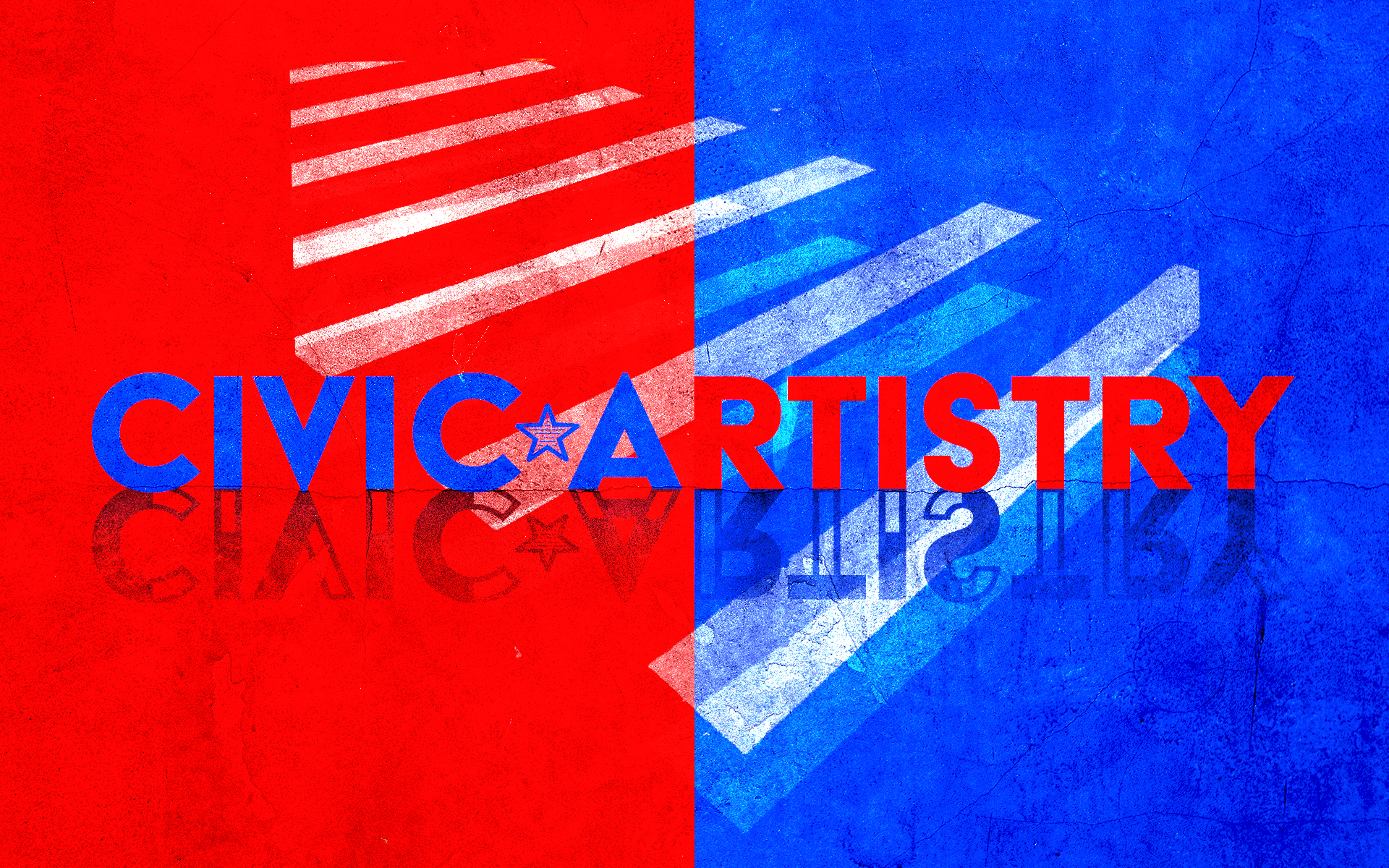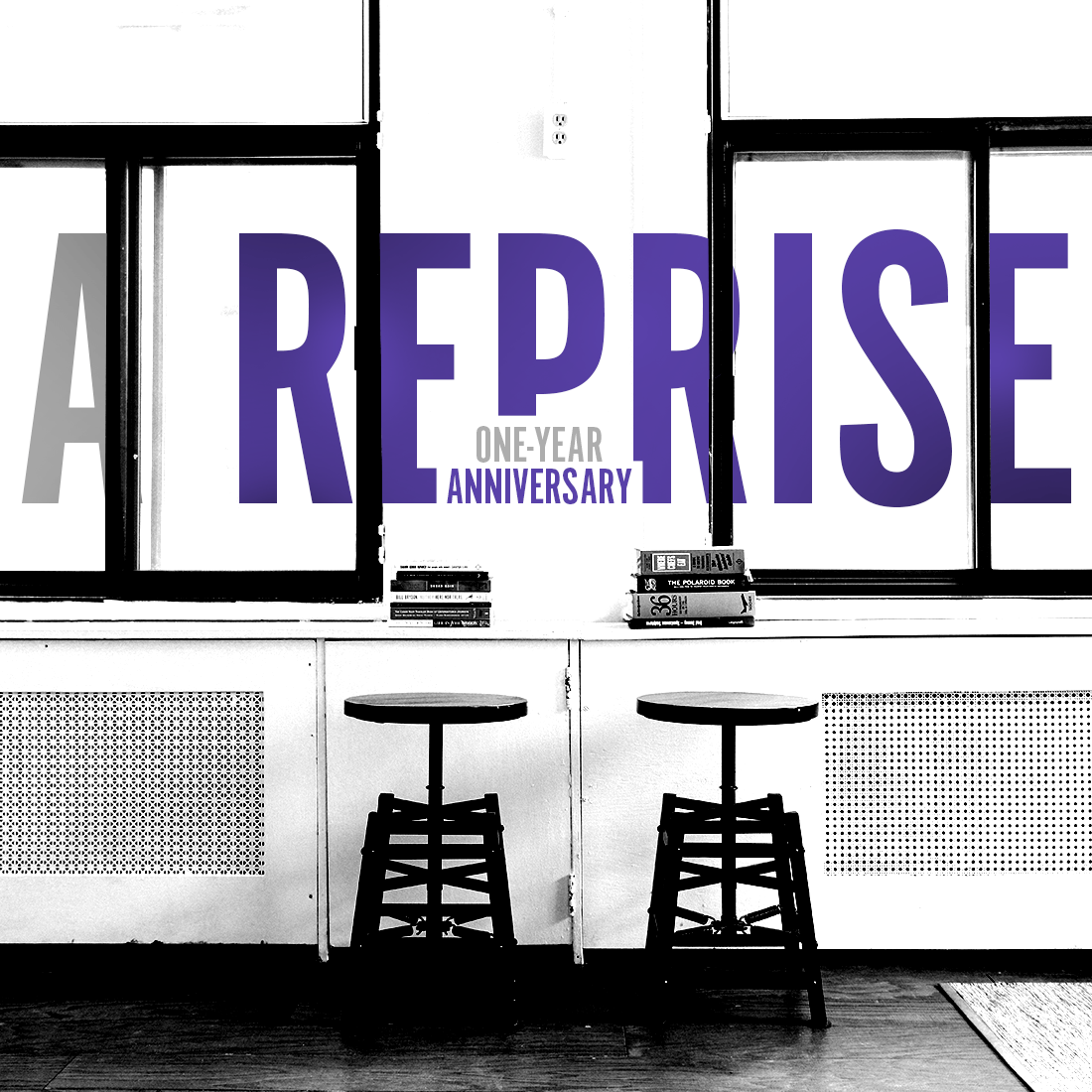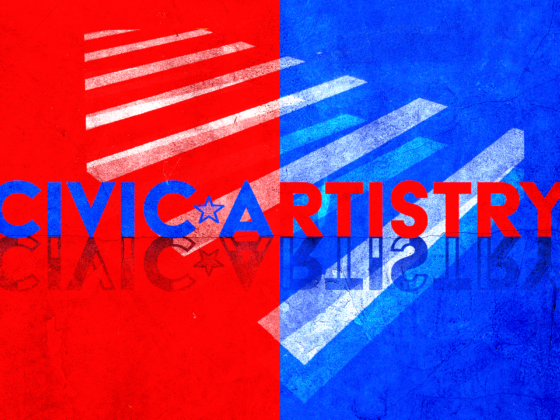GAVIN LAUGHLIN

Michael Dukakis’ infamous tank photo-op | Source: © Politico
Political theatre, especially in the digital age, can make or break a candidate. Attack ads like “Daisy” in 1964, “Swift Boat” in 2004, and “3 A.M.” in 2008 took advantage of fears in the popular mindset to change the course of an entire election. Michael Dukakis blazing full speed ahead in a tank arguably cost him an election when George H.W. Bush launched the “Tank Ride” video.
Today, operatives from both parties are forking over millions in focus groups and polling to crack the winning strategy for 2018 and beyond. Most likely hidden behind closed doors in smoke-filled (or covfefe-filled?) rooms, the grand strategies for how American political parties pivot to seize power will be unknown to the general public until early 2018.
In the meantime, political ads in special elections give us a glimpse into how our political parties will perform their identity in the Trump era. It’s like the Cannes Film Festival, except Will Smith won’t be a judge and foreign influences are forbidden (in fact, they may even get you impeached).
So far, advertising across these special elections has shared a common theme: both Democrats and Republicans are playing into the notion that a culture war exists between rural, white America and urban, diverse America. To better understand the messaging, let’s examine television ads from both sides of the aisle in Montana, Georgia, and South Carolina.
Changing the Progressive Tune
Let’s start with my favorite. In an area understood to be solidly Republican before Trump’s approval took a nosedive, this Montana special election wasn’t ever supposed to be close. The Democrats did not have a strong enough bench of candidates to make this race competitive, which is tragic. So, the Democrats ended up with candidate Rob Quist, a folk singer who has performed at nudist colonies.
“Right,” by Rob Quist (D-MT) | Source: © Team Quist Information/YouTube
This piece starts with Quist turning the dial, looking for the right station in his car. The music begins: first with what sounds like hoity-toity opera, then abruptly moves to metal, and finally changes to calming folk guitar. Then, in the most significant line of the ad, the narrator states “you just know when something sounds right.” When Quist later says, “Washington is out of tune,” he’s clearly not just talking about the Republicans.
With all the focus on trying to win white constituencies that went from Obama to Trump, the historically progressive 2016 Democratic platform comes under questioning.
When Quist arrives at his destination — a small town community center — he shakes the hands of a few old white guys, and then performs to a clapping group of aged Montana folks. Still onstage, a voiceover intones that Quist is with farmers and ranchers.
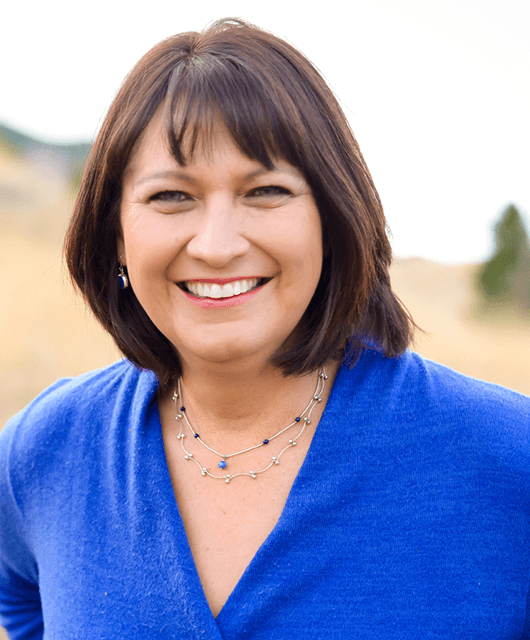
Denise Juneau | Source: © Denise Juneau for Congress
The messaging is a clear and blatant pivot for Democrats. The last cycle in Montana saw Denise Juneau, an openly lesbian education leader who championed women’s involvement in politics. She was even considered for a spot in Hillary Clinton’s cabinet. Her messaging was different from Quist’s, to say the least. Her advertisement, entitled “A Century Later,” shows Juneau as an activist descendant of the legacy that elected the first woman to Congress. While the ad ties Juneau to Montana, its focus is on equity for women in society at large. Folksy Rob Quist doesn’t talk — or sing — about gender inequity or identify as part of any activist movements.
Rob Quist is not “Stronger Together,” he’s not really interested in calling anyone a “basket of deplorables,” and he’s definitely not a “coastal elite.” This is a marked change in how the vast majority of Democratic candidates marketed themselves in the 2016 election. Although he lost, Quist won the vote share by 8 percentage points above expectations. If Democrats keep changing the dial, they might finally hit the right station. The major question is, will this shift in messaging be accompanied by a policy shift as well?
He’s One of Us!
If anyone in your orbit is telling you that America is not on the precipice of a culture war, show them this video. One strategy has emerged on the right to defeat all candidates in special elections: tie the opposition to Nancy Pelosi, Hollywood, and coastal elites. Former Speaker Nancy Pelosi has one of the highest unfavorable ratings in the country, driven by her perceived disconnect with rural America.
“Golden Gate” by the Congressional Leadership Fund (Paul Ryan’s PAC) | Source: © CLF SuperPAC/YouTube
Georgia’s sixth congressional district was the best pickup opportunity for Democrats. Young progressive Jon Ossoff nearly swept the general election, but the race went into a runoff with a generic Republican candidate named Karen Handel. Handel won with 51.9% of the votes (134,595 votes), trailed by Ossoff’s 48.1% (124,892 votes). While I won’t get into the tragedy and dynamics of this loss, the advertising used to propel Handel to her slight victory enforces the idea that this brand of culture war is worth fighting.
The Republicans are using overt and implicit messaging to show that Democrats don’t care about white voters that aren’t “coastal elites.”
Ads like “He’s One of Us!” didn’t help Ossoff across the finish line. Republican leadership made some illustrative choices in the casting for this ad. It’s clearly a roast of the perceived Democratic coalition of “snowflakes”: millennials, minorities, hippies, and a potentially handicapped person who hangs out in (*gasp*) Chinatown. These people support higher taxes, cuts to the military, and all the other snowflake tropes Republicans like to skewer Democrats for.
But don’t let the odiously-dressed hipster millennial and the 12-year old that “hearts” Ossoff fool you into thinking these producers didn’t know what they were doing. This ad lives in subtext. The African-American man saying that big government would be “sweet” feeds on the conservative trope that minorities take advantage of big government through wasteful social programs. The hippie with braids that suggests “it’s not like we’re fighting a war or anything” strengthens the “weak on terrorism” attack used against Democrats nationwide.
You’ve got to give it to Paul Ryan and the Republicans. They’re good at manipulation. The Republicans are using overt and implicit messaging to show that Democrats don’t care about white voters that aren’t “coastal elites.” They’re subtly saying that the Democratic policy agenda shifts resource to people outside of the Georgian constituency.
I’m on Montana’s Side!
“War on the West,” by Greg Gianforte (R-MT) | Source: © Greg Gianforte/YouTube
Greg Gianforte, Quist’s opponent in the Montana at-large special election, shows what it’s like to be far-removed from the urban liberals in the advertisement “War on the West.” Cleverly naming the problem “D.C.” and not the federal government, Gianforte sidesteps the facts of a Trump-controlled White House and GOP-controlled Congress at the time of the video’s production.
Gianforte goes beyond the typical Republican paradigm of federal overreach to call it a “war,” arguing that Montana citizens need “protection.” While the federal government’s relationship with the West and property rights has always been contentious, this overt rally call for support in the “war” puts Gianforte in a new category. Fighting for conservative tropes of coal jobs and gun rights, Gianforte reinforces his base’s understanding of a deep divide in American society, conveniently perpetuated by the federal government.
I Don’t Have Movie Star Good Looks!
Democratic underdog Archie Parnell shocked political observers when he came very close to snatching a solidly-red district in South Carolina. His special election received almost no national media attention. There’s no doubt that national Democrats will take a page from his strategy as they move closer to 2018.
“Know How,” by Archie Parnell (D-SC) | Source: © Archie Parnell for Congress/YouTube
Parnell cuts out a unique space in the Republican’s culture war with Pelosi-style coastal elites. In his messaging, Parnell’s a folksy nerd. Within 30 seconds of the ad starting, Parnell states that he doesn’t have “movie star good looks.” Quickly sprinting away from the “Hollywood donors” that Republicans were able to tie Jon Ossoff to, Parnell paves his own space as a local guy that just knows a lot about stuff that matters.
Archie also seizes on the anti-political sentiment stirred by Trump. The kissing-babies adage of politicians is hilariously flipped on its head when Parnell picks up a child and looks petrified. He’s the guy-next-door in a suburban neighborhood who cares about complex issues that impact Americans every day.
The irony is that Parnell is anything but a small town guy. A former senior executive for Goldman Sachs and tax attorney for the Department of Justice, Parnell has been to his fair share of cocktail parties with Hollywood-looking elites. Yet, his “approachable neighbor who has government, international business, and law experience” campaign far exceeded expectations.
(Side note: Archie Parnell’s awkward House of Cards titled “Matador” makes zero sense, but is nonetheless hilariously entertaining.)
“Archie Parnell: A Matador For You (HOC)” by Archie Parnell (D-SC) | Source: © Archie Parnell for Congress/YouTube
A Sneak Peak of 2018
These special elections, held mostly in heavily conservative districts, have taught us that Democrats and Republicans are ironing out messages that are anti-establishment and run away from the liberal coalitions that carried Clinton to a popular vote victory.
With all the focus on trying to win white constituencies that went from Obama to Trump, the historically progressive 2016 Democratic platform comes under questioning.
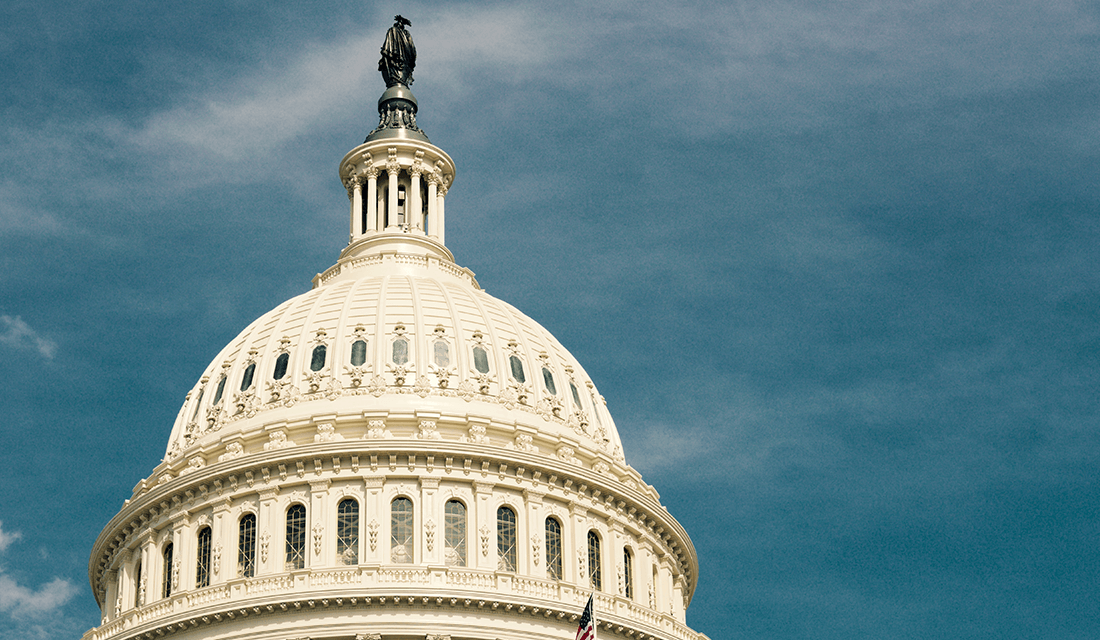
If Democrats aren’t able to successfully convey progressive policy issues in a way that appeals to the constituencies they’re trying to win, will they give this up? Let’s hope the divide that Republicans and Democrats are deepening doesn’t result in a loss of focus on the real issues that struggling Americans face.

